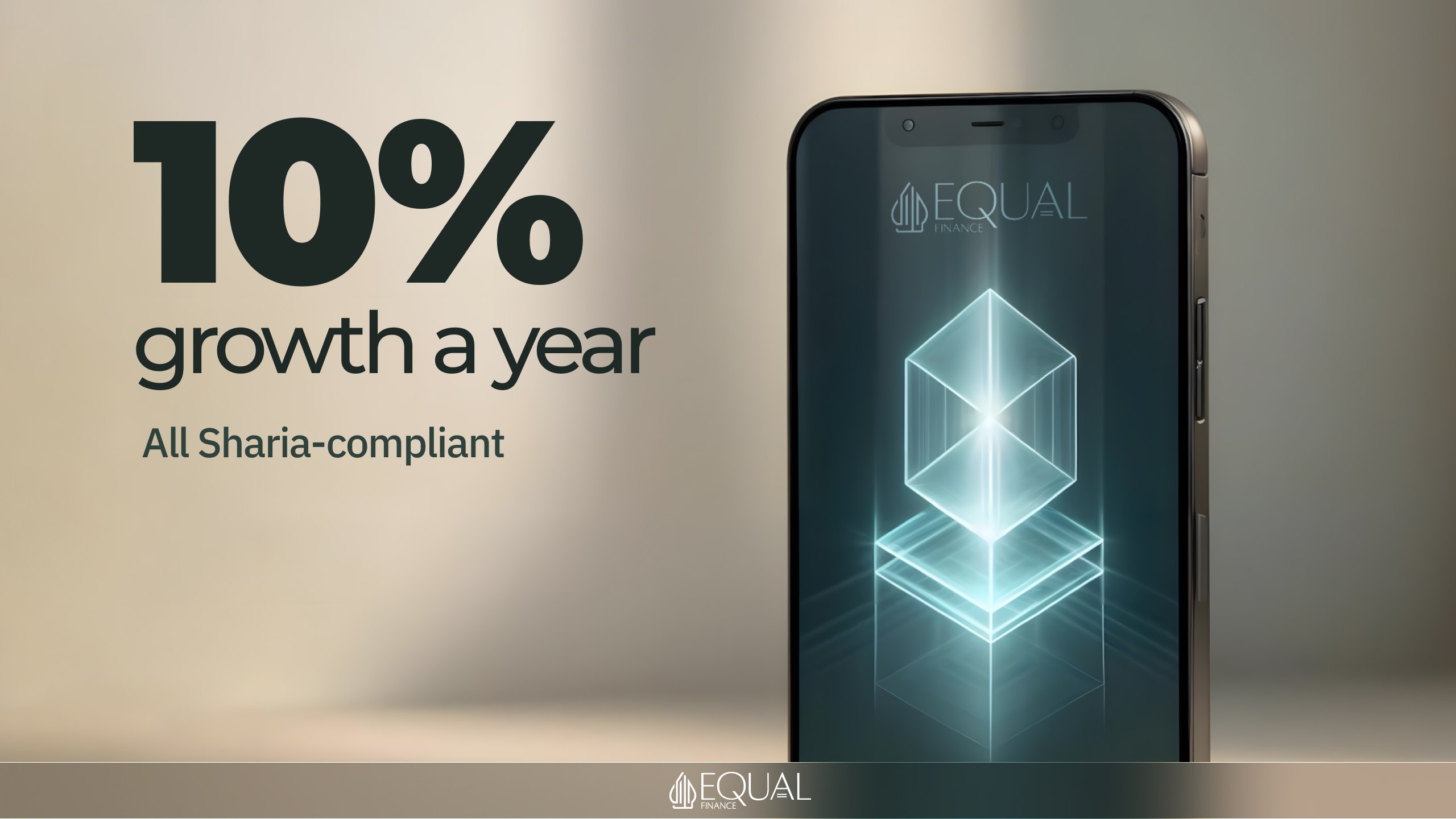The Islamic banking sector is outpacing traditional finance with remarkable momentum. In 2022, global Islamic finance assets hit $4.5 trillion, per ICD-Refinitiv, with projections to reach $6.7 trillion by 2027, per Statista. Its compound annual growth rate (CAGR) of 10% for 2023–2030, per Market Data Forecast, surpasses traditional banking’s 6–7%, per World Bank. What drives this rapid expansion, and why are Sharia-compliant banks gaining ground?
Ethical Foundations and Resilience
Islamic banks operate under Sharia principles, banning riba (interest), haram (prohibited industries), and speculation, appealing to clients seeking ethical finance:
- No interest: banks use mudarabah (profit-sharing) and murabahah (cost-plus financing), reducing debt burdens.
- Real asset focus: funds flow to manufacturing, construction, and agriculture, not derivatives, minimizing risks.
- Social responsibility: investments avoid alcohol, tobacco, and gambling, favoring socially beneficial projects.
- Crisis resilience: during 2007–2008, Islamic banks lost 10% of assets versus 25% for traditional banks, per IMF.
These principles attract not only Muslims (1.9 billion globally, per Pew Research) but also non-Muslims valuing stability. For instance, 20% of Islamic Bank of Britain’s clients are non-Muslims, per the bank’s data.
Rising Demand in Muslim-Majority Regions
The growing Muslim population (69% CAGR in OIC countries, per DinarStandard) and their economic activity fuel demand for Sharia-compliant services:
- Demographics: Muslims will number 2.2 billion by 2030, per Pew Research, with a rising middle class in Indonesia, Pakistan, and Malaysia.
- Financial inclusion: 30% of Gulf residents avoided banks due to religious beliefs, per EY, until Islamic banks engaged them.
- Government backing: Saudi Arabia (75% Sharia-compliant assets) and Malaysia (30%) offer incentives, per Saudi Central Bank and Bank Negara Malaysia.
- Market leaders: Iran ($1.24 trillion in assets) and Saudi Arabia ($1.2 trillion) set benchmarks, per IFSI Stability Report.
In Qatar, Islamic banks’ market share grew from 20% in 2015 to 26% in 2023, per Qatar Central Bank, driven by murabahah and ijarah (leasing).
Digitization and Accessibility
Digital tools enhance Islamic banks’ competitiveness, especially among younger clients:
- Fintech platforms: OIC transactions hit $79 billion in 2022, projected at $179 billion by 2026, per DinarStandard.
- Mobile banking: Pakistan’s Meezan Bank added 1 million clients via its app, boosting assets by $2 billion in 2023.
- Digital offerings: UAE’s Emirates Islamic launched online mudarabah, attracting $500 million in a year, per CBUAE.
- Blockchain: Bahrain Islamic Bank’s smart contracts cut costs by 25%, funding $300 million in projects.
Indonesia’s Halal Invest platform reached 200,000 users in 2024, simplifying Sharia-compliant deposits. This contrasts with traditional banks, where digital services often carry higher fees.
Innovative Financial Products
Islamic banks offer tailored instruments replacing loans and deposits:
- Mudarabah: profit-sharing appeals to entrepreneurs. Malaysia saw 15% growth in such contracts in 2023, per Bank Negara Malaysia.
- Murabahah: fixed-margin financing hit $50 billion in the UAE in 2023, per CBUAE.
- Ijarah: leasing deals rose 12% in Kuwait, supporting automotive and real estate, per Kuwait Finance House.
- Sukuk: the market reached $788 billion in 2022, with $187 billion issued in 2023, per LSEG and S&P Global Ratings.
Dubai Islamic Bank funded $10 billion in housing via ijarah, serving 10,000 families. These products offer flexibility absent in traditional fixed-rate loans.
Regulatory Support
Governments and global bodies foster growth:
- AAOIFI standards: adopted in 25 countries, streamline sukuk and mudarabah, per AAOIFI.
- IFSB: regulates 70% of Islamic banks, ensuring 15% capitalization, per IFSB.
- National initiatives: Saudi Arabia allocates $100 billion for Sharia projects by 2030, per Saudi Central Bank.
- Emerging markets: Nigeria’s Islamic banks grew to $500 million in assets in 2023, per Central Bank of Nigeria.
Turkey’s regulators raised Sharia banking’s share to 7% with tax breaks, funding $5 billion in manufacturing. Traditional banks face stricter rules (Basel III).
Global Expansion
Islamic banks are reaching beyond Muslim-majority nations:
- Europe: UK Islamic banking assets hit $10 billion, with $500 million in sukuk in 2023, per HM Treasury.
- Africa: Morocco and Tunisia added $1 billion via Sharia windows, per African Development Bank.
- Asia: Indonesia’s assets grew to $200 billion, up 12% yearly, per Otoritas Jasa Keuangan.
- Western banks: HSBC and Standard Chartered manage $50 billion in Sharia assets, per Ernst & Young.
Malaysia’s dual banking system boosted the overall market by 10%, per Bank Negara Malaysia, complementing traditional finance.
Crisis Resistance
Islamic banks weather economic shocks better:
- 2007 crisis: Islamic Bank of Britain grew deposits by 61%, assets by 51%, per UK Finance, avoiding toxic assets.
- Pandemic: profit dips were 2% versus 5% for traditional banks, per IFSI Stability Report.
- 2022–2023 inflation: 8% growth versus 6% for traditional banks, per DinarStandard, tied to real assets.
- Green investments: green sukuk ($4.5 billion in 2023) funded $10 billion in projects, per Climate Bonds Initiative.
Saudi Arabia’s Al Rajhi Bank ($171 billion in assets) funded $200 million in schools in 2023, maintaining liquidity unlike traditional banks hit by rate hikes.
Competitive Edge
Islamic banks excel with flexibility and client focus:
- Partnership model: risk-sharing attracts SMEs. Qatar Islamic Bank grew deposits 20% ($30 billion) via musharakah.
- Lenient penalties: fines go to charity, unlike traditional banks’ profit-driven penalties, per AAOIFI.
- Accessibility: Bahrain’s Sharia windows drew $1 billion from non-Muslims, per Bahrain Central Bank.
- Innovation: digital sukuk ($1.6 billion in 2023–2024) simplified investing, per Lexology.
UAE’s Emirates NBD added $300 million via Sharia fintech, targeting youth, unlike traditional banks slowed by bureaucracy.
Islamic banking’s faster growth stems from ethics, innovation, regulation, and resilience, complementing traditional finance while drawing diverse clients.


